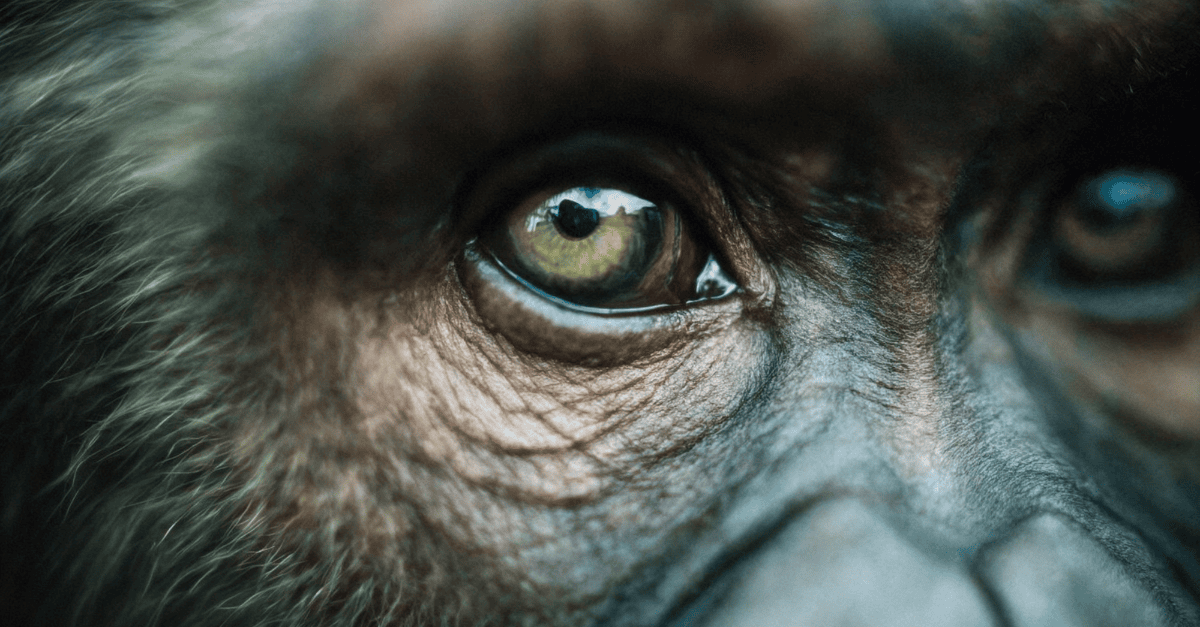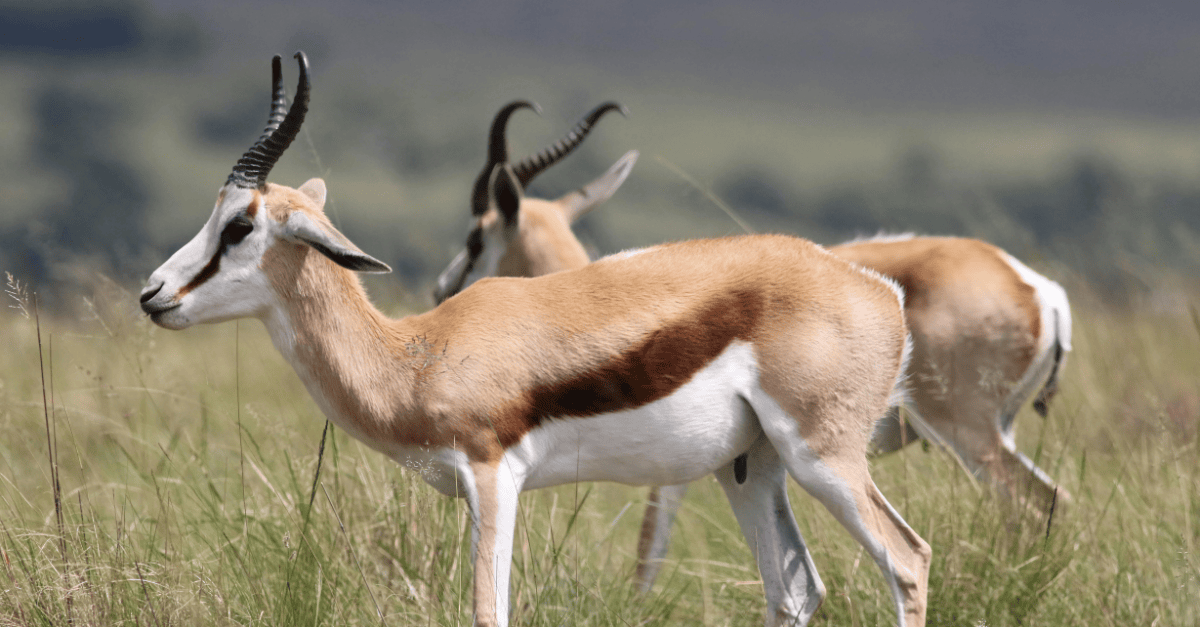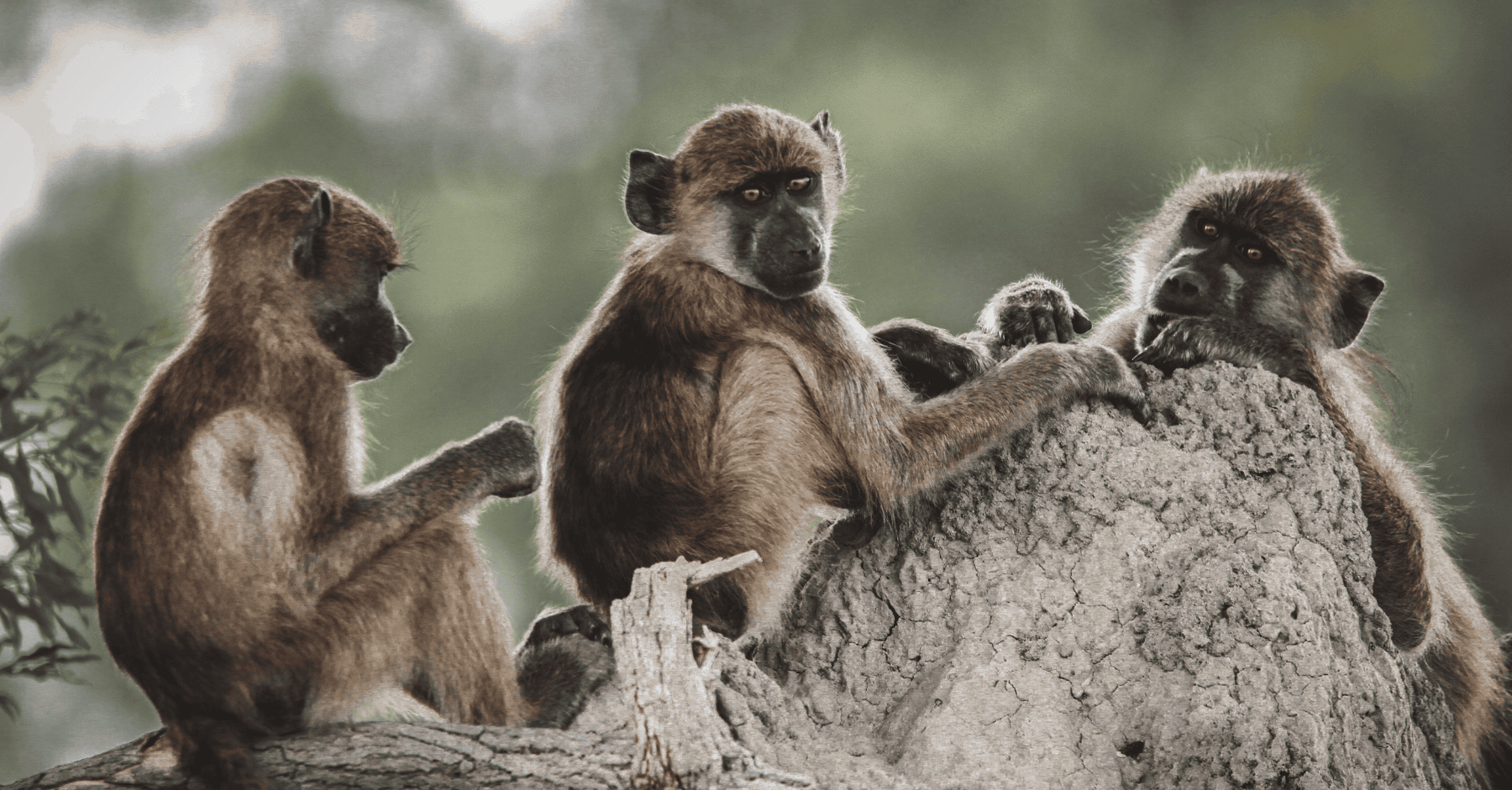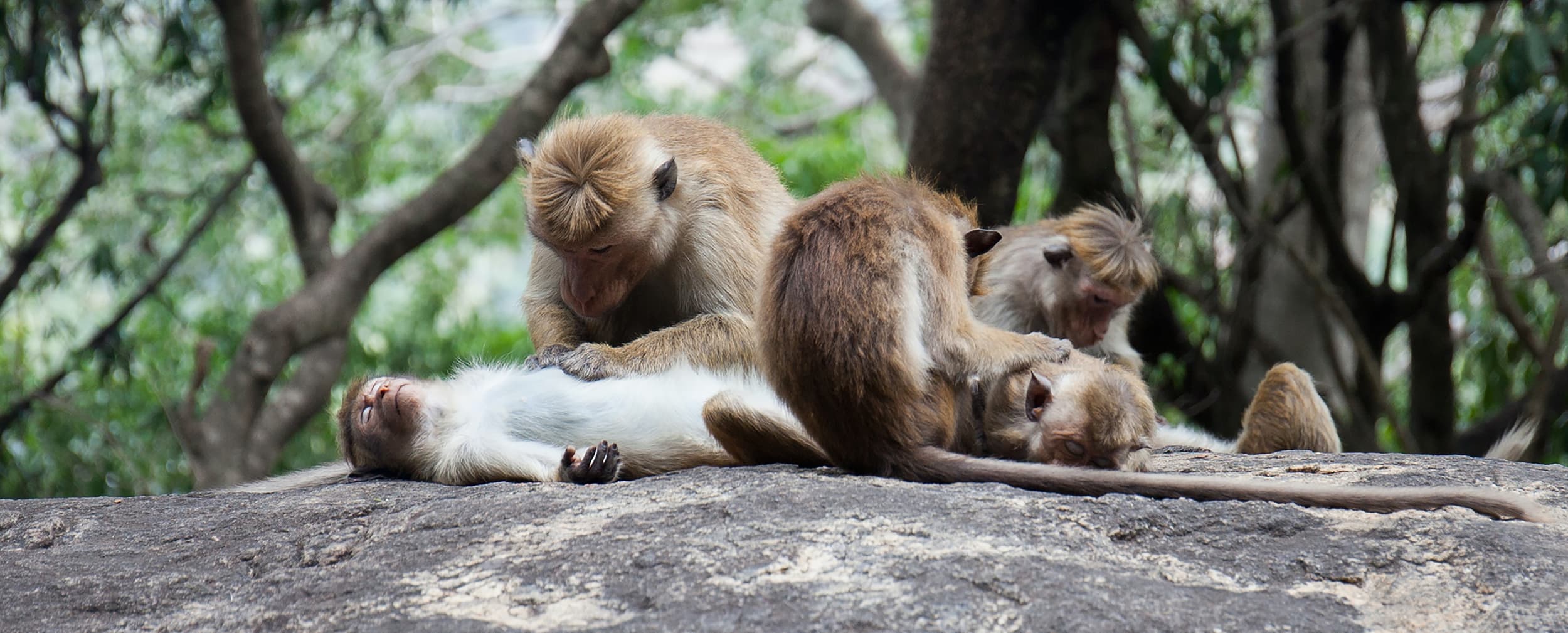It is a common notion that one does not necessarily get rich in the traditional sense of the word, when in the business of promoting the wellbeing of non-human animals. However, you do get to meet some of the most driven, dedicated, and compassionate people from all over the world, united by a common vision of a kinder world. For many, the author included, this provides for a kind of personal ‘pay raise’ far beyond the scope of what a Wall Street payslip can compete with.
Having attended this year’s Eurogroup for Animals Annual Conference, AVA, and CARE, I’ve had the joy and privilege of meeting quite a few staff of our member organisations and beyond.
Below are some reflections on these events, the people, the purpose that unites us, and the opportunities ahead.
From the wealth of workshops, panels, and presentations, it is evident that the challenge of expanding humanity’s circle of compassion is great. Yet, it is equally evident that so is the ingenuity of the solutions proposed and the tenacity of those championing them. From corporate campaigning and political lobbying to grassroots mobilisation and individual outreach, we see a vibrant ecosystem, weaved together by strong strands of strategic thinking.
Common threads
While the methods vary greatly across organisations and countries carefully designed to reflect each group’s expertise and match the cultural and political contexts, some common threads emerge.
- Unity and shared purpose: The global climate change movement rallies behind the goal to limit global warming to a 1.5-degree increase from pre-industrial temperatures. Similarly, animal advocacy organisations, with no exception I have encountered, envision a world that treats animals with the respect they deserve. The exact details and the paths there might differ, yet there is a mutual commitment to let our commonalities unite us and our differences strengthen us. Rooted in this shared vision, we see the second thread sprout.
- Collaboration over competition: No one organisation sees itself as delivering the single, silver-bullet solution. Rather, organisations are increasingly seeing their work as specialised contributions to the collective goal. This means groups are generally eager to collaborate where possible, both to reduce redundancies and to achieve goals beyond the scope of a single organisation. Seasoned networks like the African Network for Animal Welfare, Asia for Animals, Coalition of African Animal Welfare Organisations Eurogroup for Animals, Global Federation of Animal Sanctuaries, and Pan African Sanctuary Alliance, and newer entities like Animal Advocacy Careers, Culture Canopy, and Sharpen Strategy further solidify this collaborative spirit. In the animal protection movement, there seems to be fast-growing support for the motto “the rising tide lifts all boats.”
- Broader horizons: The rising tide extends beyond the issue of animal welfare, with the movement rapidly recognising its place within an ecosystem of civil society campaigns. Many are exploring synergies with causes such as climate change, social injustice, and malnutrition.
- Proactivity and planning: With an increasingly stronger foundation, in terms of network, talent, and strategy, there is an emphasis on becoming more proactive towards long-term objectives. This was highlighted by a survey from the think tank Rethink Priorities, which emphasised the need to bring in more people to help determine priorities. The survey also reveals a consensus to bring in more government and policy experts and make policy and political advocacy a high priority.
Reflections
The interest in collective goal-setting ties in well with the shared vision and collaborative spirit.
Public policy makes a great focal point for collaboration. It does so in virtue of being a rallying point both requiring and allowing for many diverse actors and approaches to work in unison. Progress in public policy also provides benefits widely shared across individual organisations, often becoming a benchmark for other forms of advocacy. This also paves the way for alliances with NGOs from adjacent movements, where our combined expertise and efforts can build the public awareness and political support needed for lasting change.
At the World Federation for Animals, we are naturally very welcoming of further increasing collective goal-setting and combining efforts. We want to extend thanks to the organisers for facilitating the space for it, a task that is not easy to make look as easy as they have. We look forward to continuing the momentum at Asia for Animals’ two upcoming conferences in October 2023, Asia Farm Animals Day and Asia for Animals Coalition Conference.
Photo credit: Nathalie Merle / We Animals Media





